Colleges vs. Universities – What Are the Differences?
When it comes time to apply to an institution of higher learning, students are often faced with deciding between a college and a university. Many people in the United States use the words interchangeably, which can create confusion between the two. In other countries, a college may be equivalent to a middle school, while it may also refer to a school that bridges the gap between high school and a university. In the US, there are more distinct differences between a college and a university. Understanding these differences can help when it comes time to choose between prospective schools.
Universities are typically larger than colleges.
While this is usually the case, it isn’t always. Some colleges are bigger than universities. However, most universities tend to have larger student populations than colleges do. Since some enroll tens of thousands of students, class sizes are typically larger than those in colleges. This is important to consider if you’re seeking more one-on-one time with professors or want to get to know your classmates better.
Colleges and universities offer specific types of degrees.
Colleges primarily offer two-to-four-year degrees (although some do offer graduate degrees), while both public and private universities typically offer a variety of four-year undergraduate, graduate, and postgraduate degree programs. For those looking to earn an undergraduate and graduate degree from the same school, a university may offer more opportunities. In addition, it is sometimes easier to get accepted to graduate programs if you’ve already earned a degree at that school.
Most universities serve as research institutions.
While many colleges do offer research opportunities, emphasis is more predominant in universities. There also tend to be more resources available for research in universities, where on-campus laboratories and high-profile faculty members (those recognized for publications or academic findings) are more common.
Social life may differ.
While a college may offer a wide variety of extracurricular activities and social clubs, you may find them to be more plentiful in larger institutions.
Different Types of Colleges
There are different types of colleges, serving diverse student populations and interests. Some of these include:
- Liberal arts colleges. These schools focus on humanities, languages, arts, and natural sciences. Their goal is to provide an education that will foster community collaboration and critical thinking.
- Vocational colleges and trade schools. These schools prepare students to enter fields that require a high degree of training. Careers include fields like plumbing, dental hygiene, respiratory care, or culinary arts.
- Community colleges. Often offering two-year associate degree programs, these schools prepare students to transfer to a four-year institution if desired. They may also offer programs that provide vocational training and professional certificates.
- Specialty colleges. These schools are designed for specific student populations. Examples would include historically black colleges and universities, gender-specific colleges, and some religious schools.
There are colleges within universities.
This can be confusing because the word college can also be used to describe a department or division of a school. For example, a university may have a College of Arts and Sciences, a College of Business, or College of Engineering.
Which is a better choice?
By definition, neither a college nor a university is a better choice. In fact, many students apply to both. Considering academic and career goals is the first step: which schools would help you reach your goals best? If you’re interested in research opportunities or looking for a wide variety of extracurricular activities, a university might be the best choice. Likewise, if you would prefer smaller classes and more opportunities to interact with professors and classmates, a college may suit you better. In either case, the key to deciding where you’ll apply and ultimately attend is to make sure that each school—whether a college or university—meets your criteria and addresses your needs.
At Moxie College Counseling, we want you to enthusiastically embrace your higher education journey. Our highly trained and experienced counselors will help you filter school types and come up with the best options for you. If you have any questions and/or want to chat with a professional, please contact us.
Share this article

Follow us
A quick overview of the topics covered in this article.
Latest articles
Reading Time : 1 mins
Reading Time : 4 mins
Reading Time : 1 mins



